What's Your Personality Type?
The following personality quiz is based on the 8 personality types as defined by Carl Jung. According to Jung, we are each predominantly introverted or extroverted and have one stronger function among the following: sensation, intuition, thinking, and feeling. These two axes are the building blocks of his personality types.
Before you begin this exciting journey of self-discovery, please keep in mind that Jung's goal was not to label people. Our personalities are beautifully complex and dynamic. We are never only one type.
Also, while this personality type quiz was designed with great care and attention, it is not a professional personality test. So, have fun with it and don't take the results too seriously.


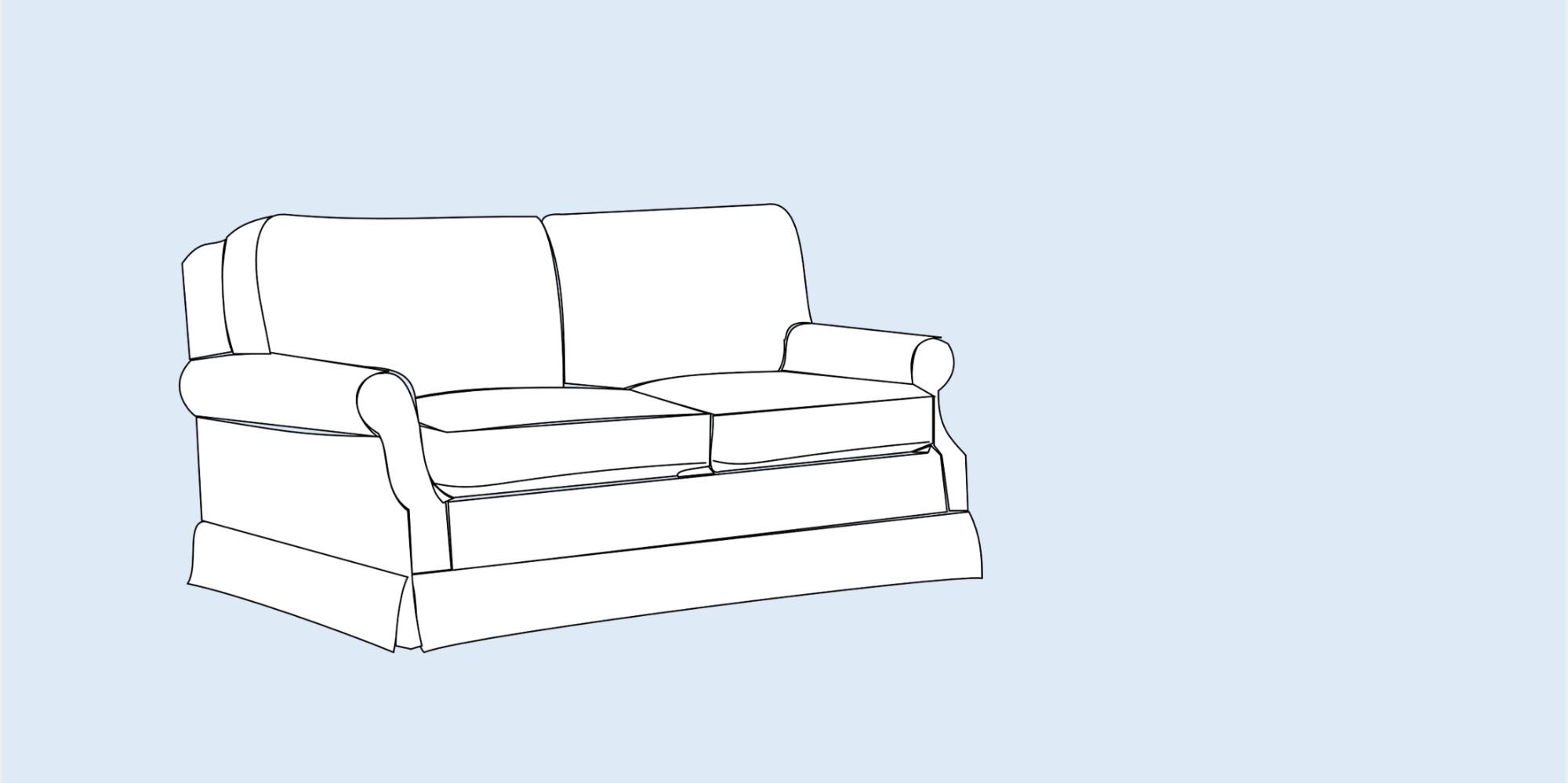
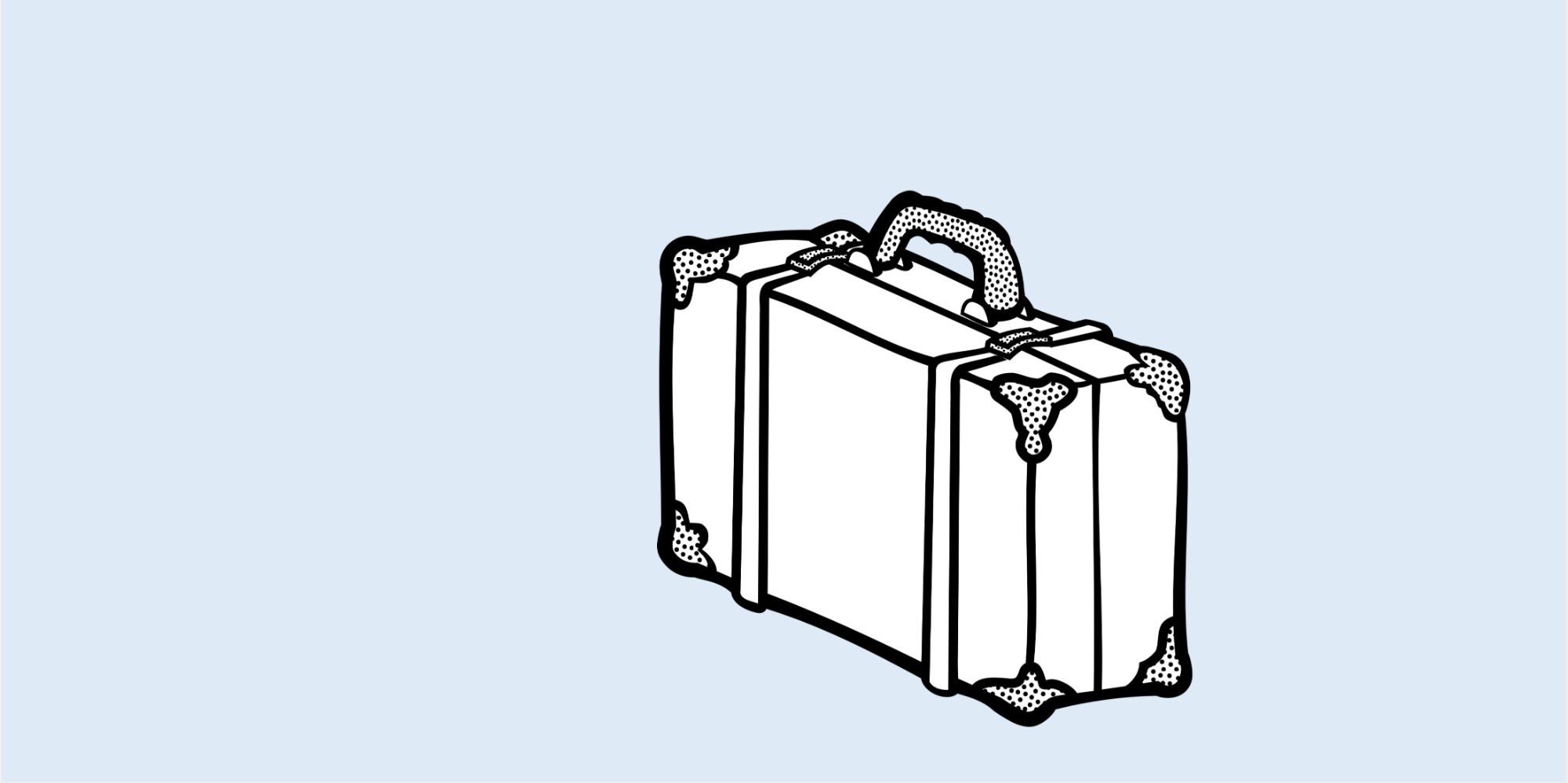

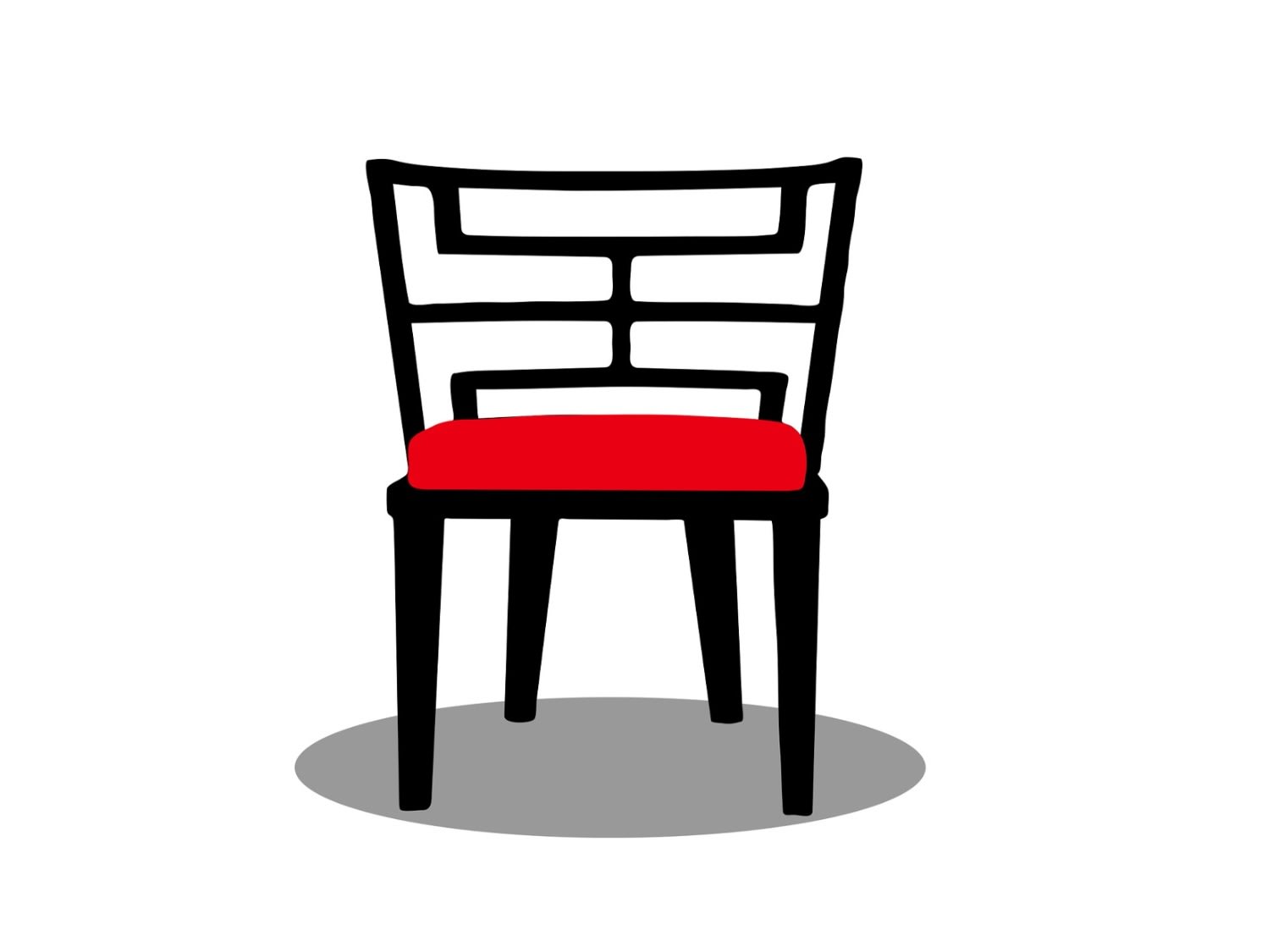

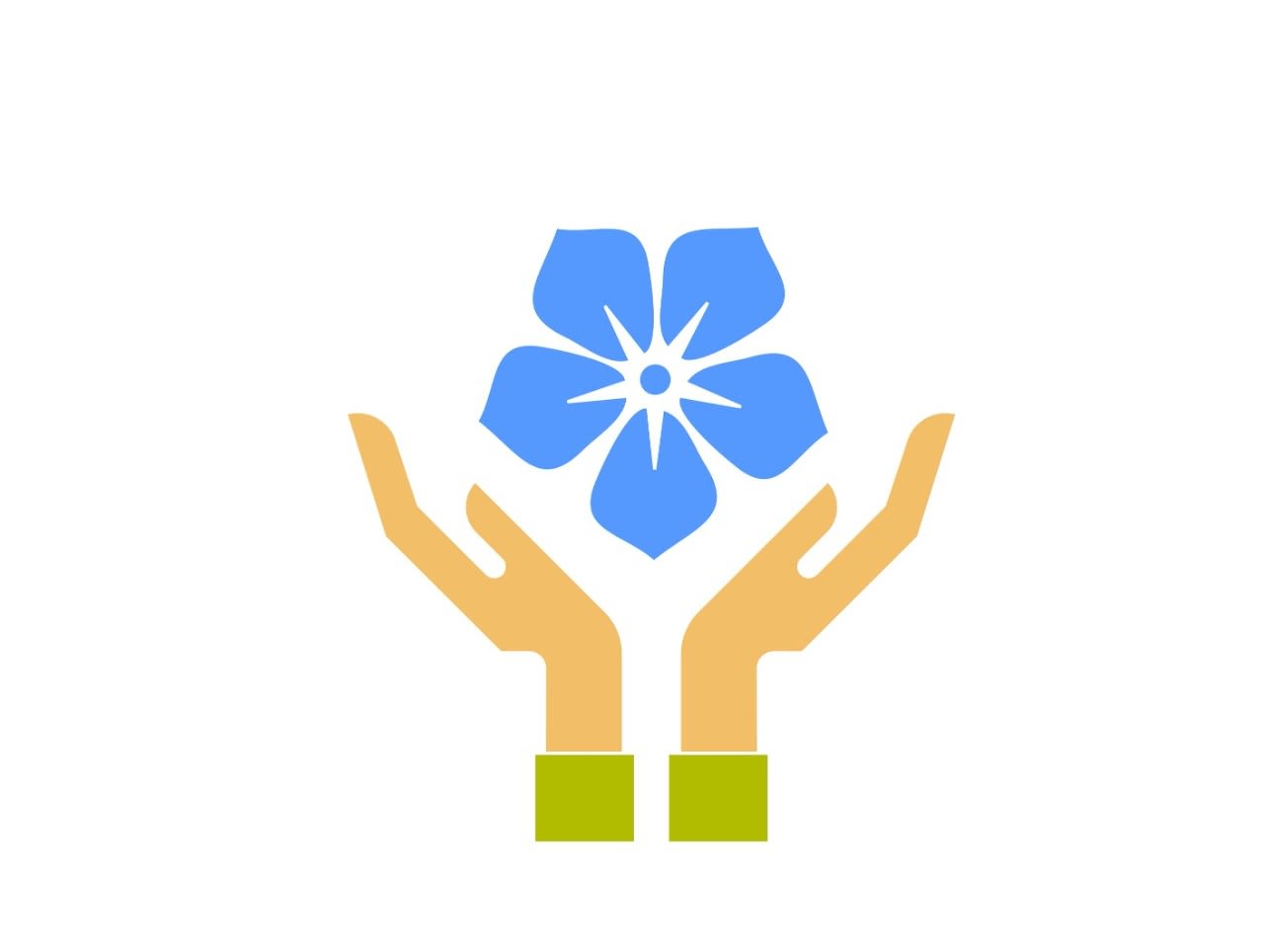

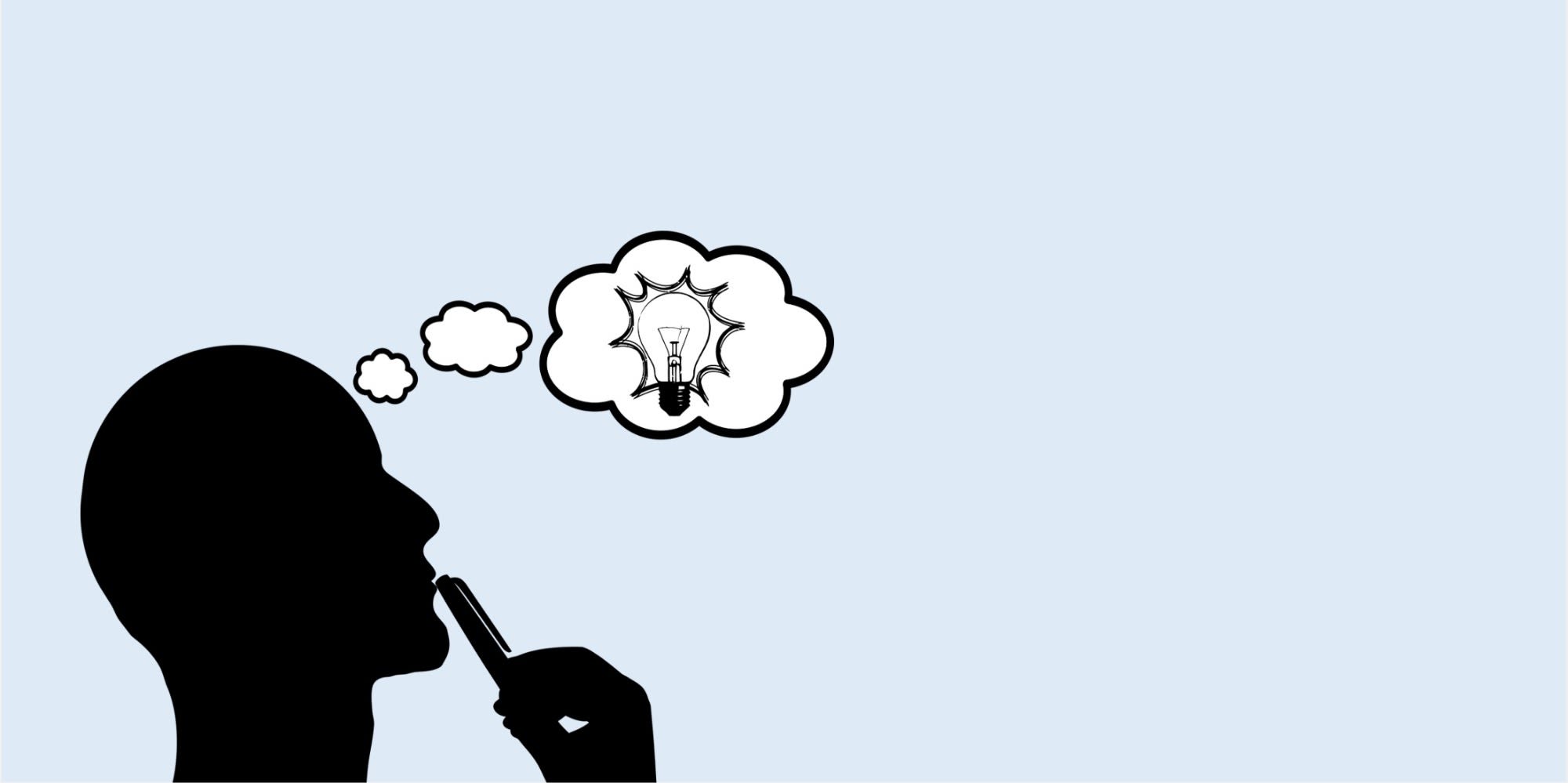
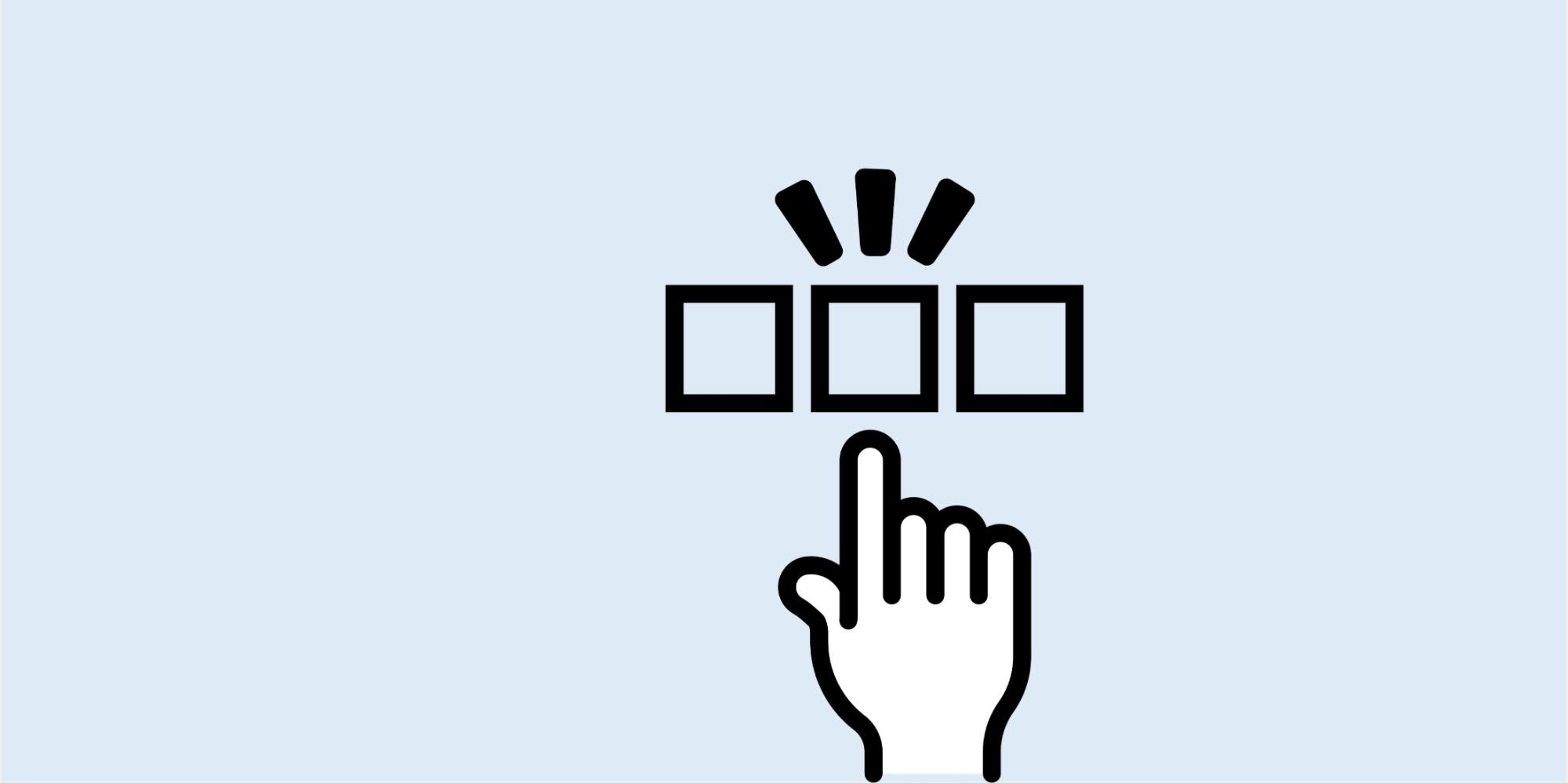





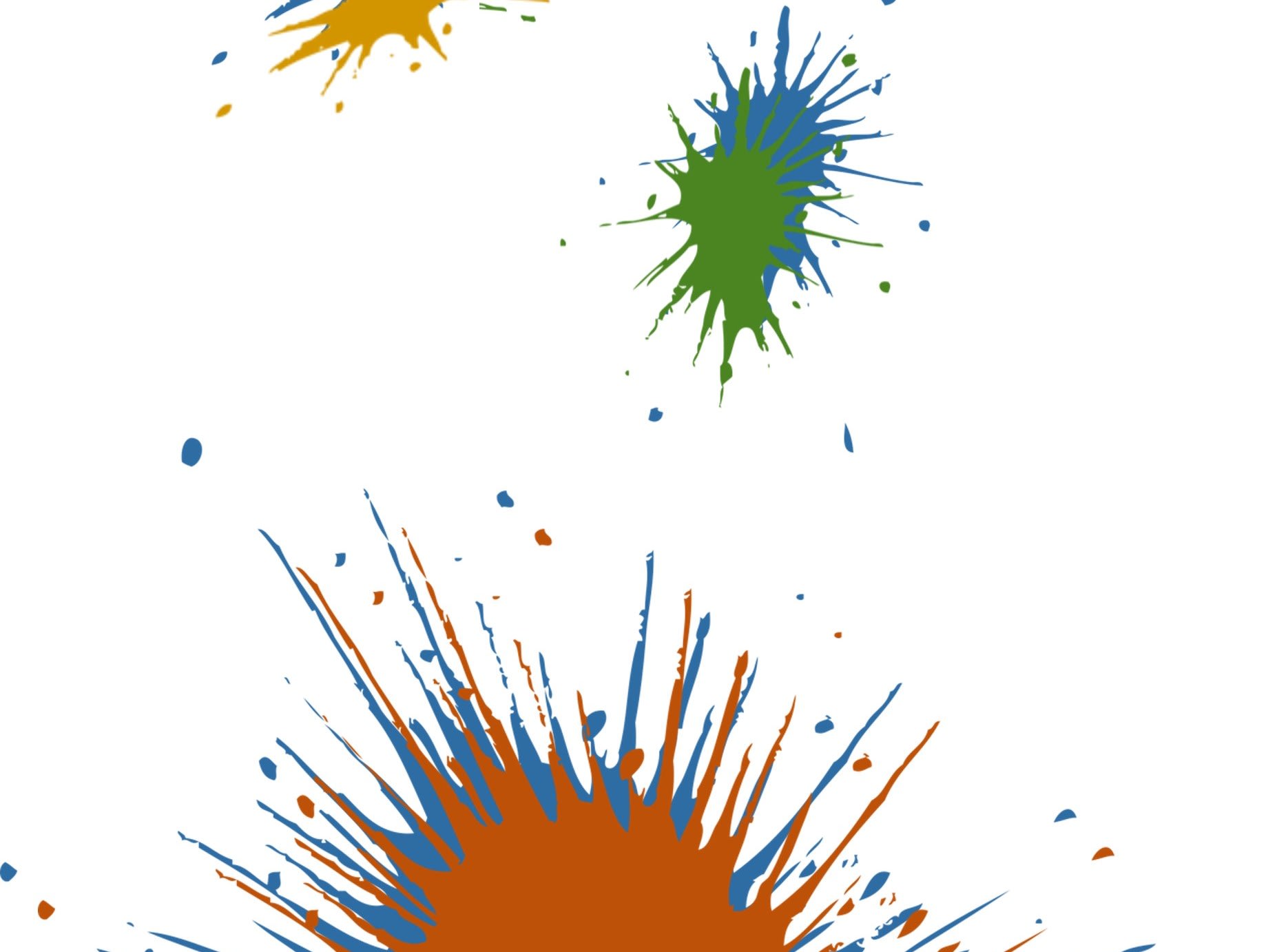
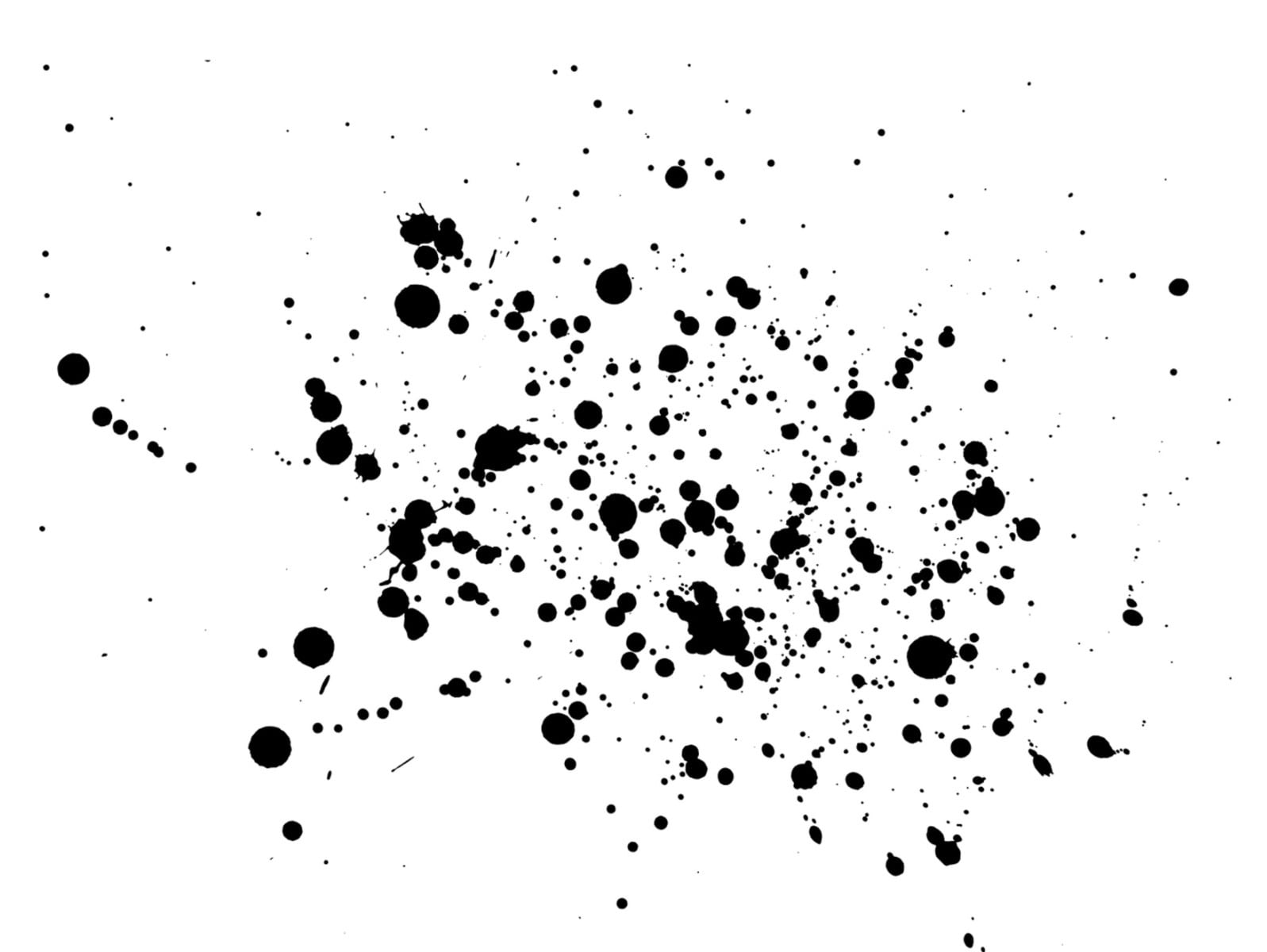
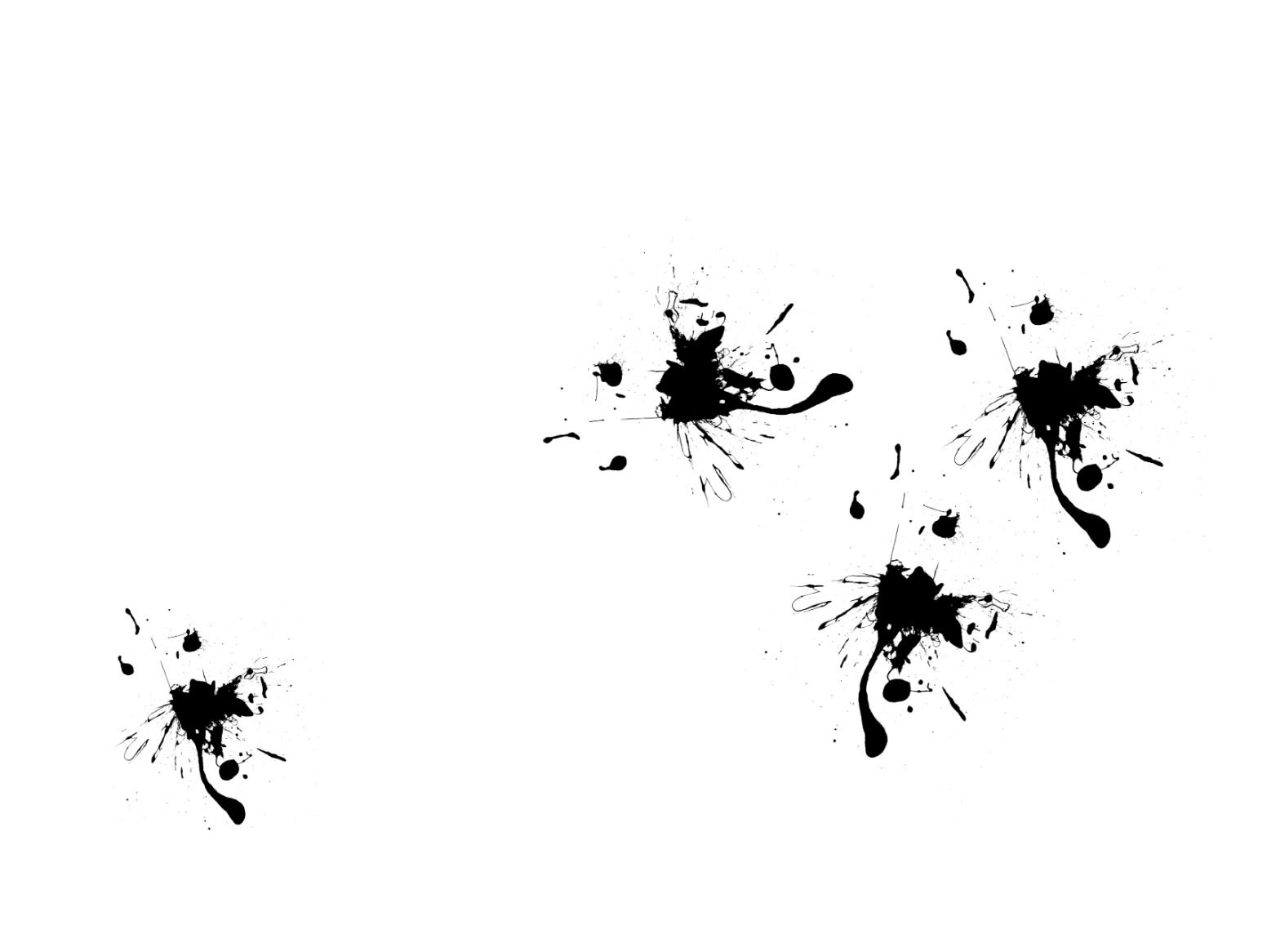

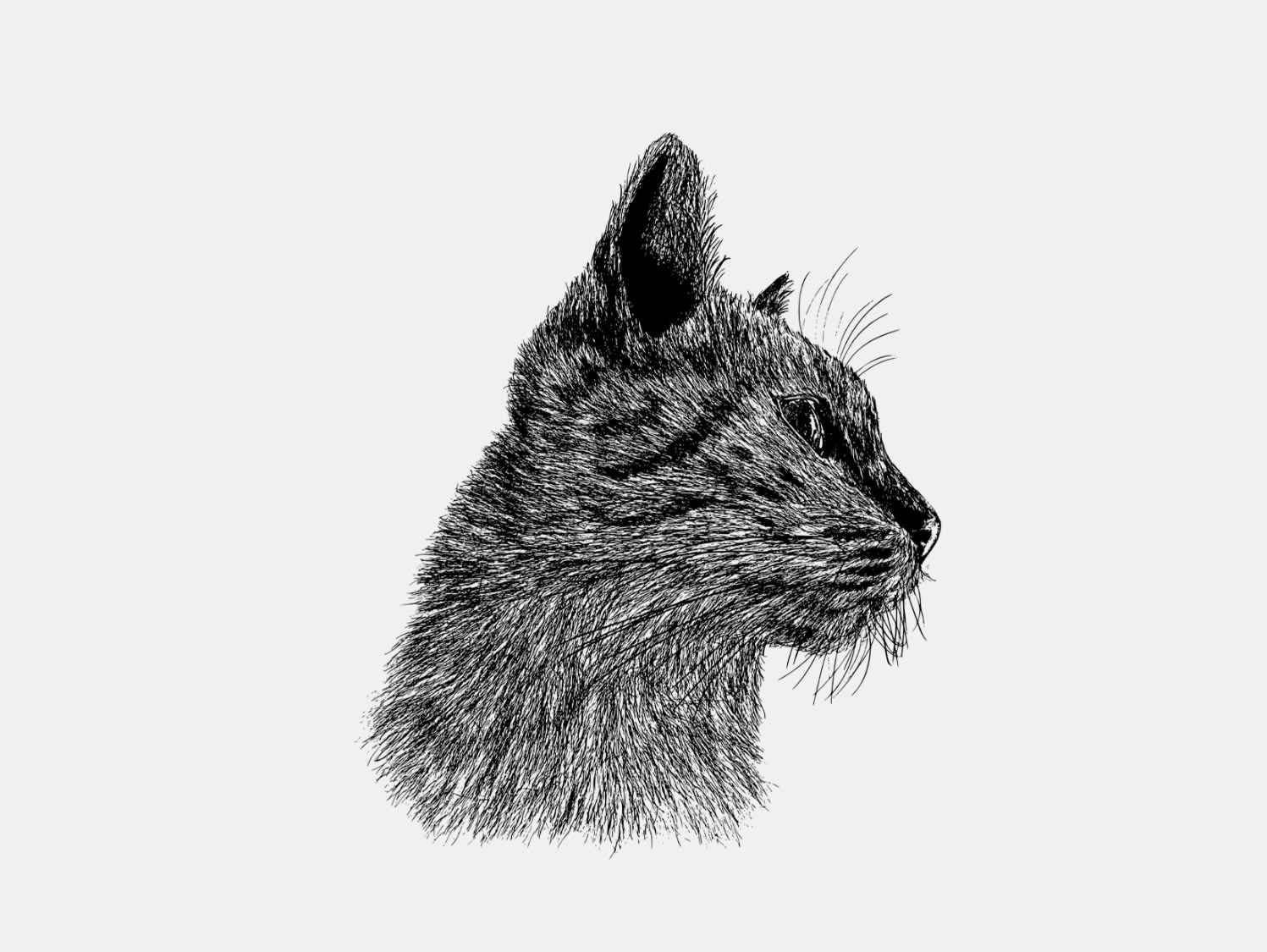
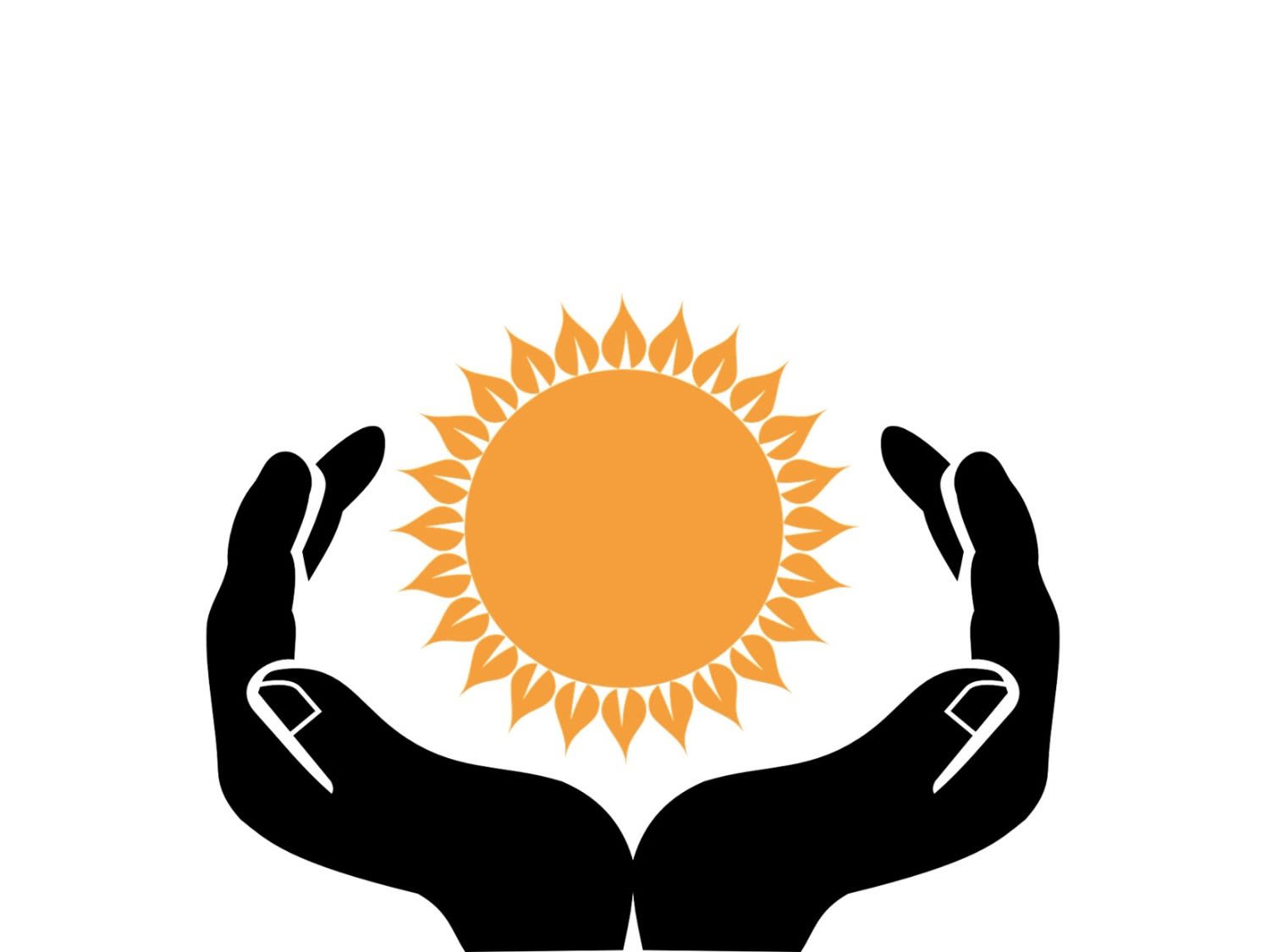
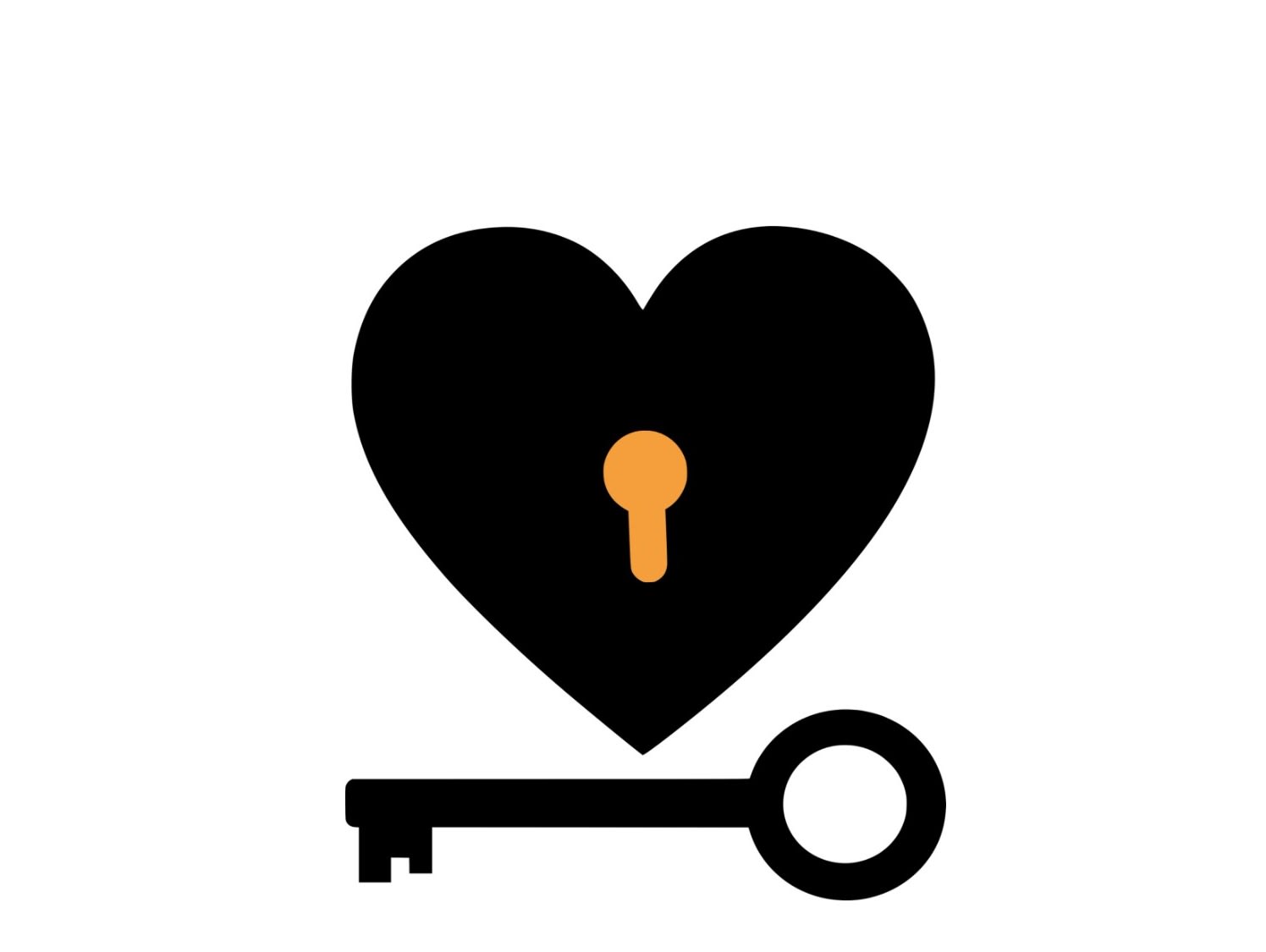
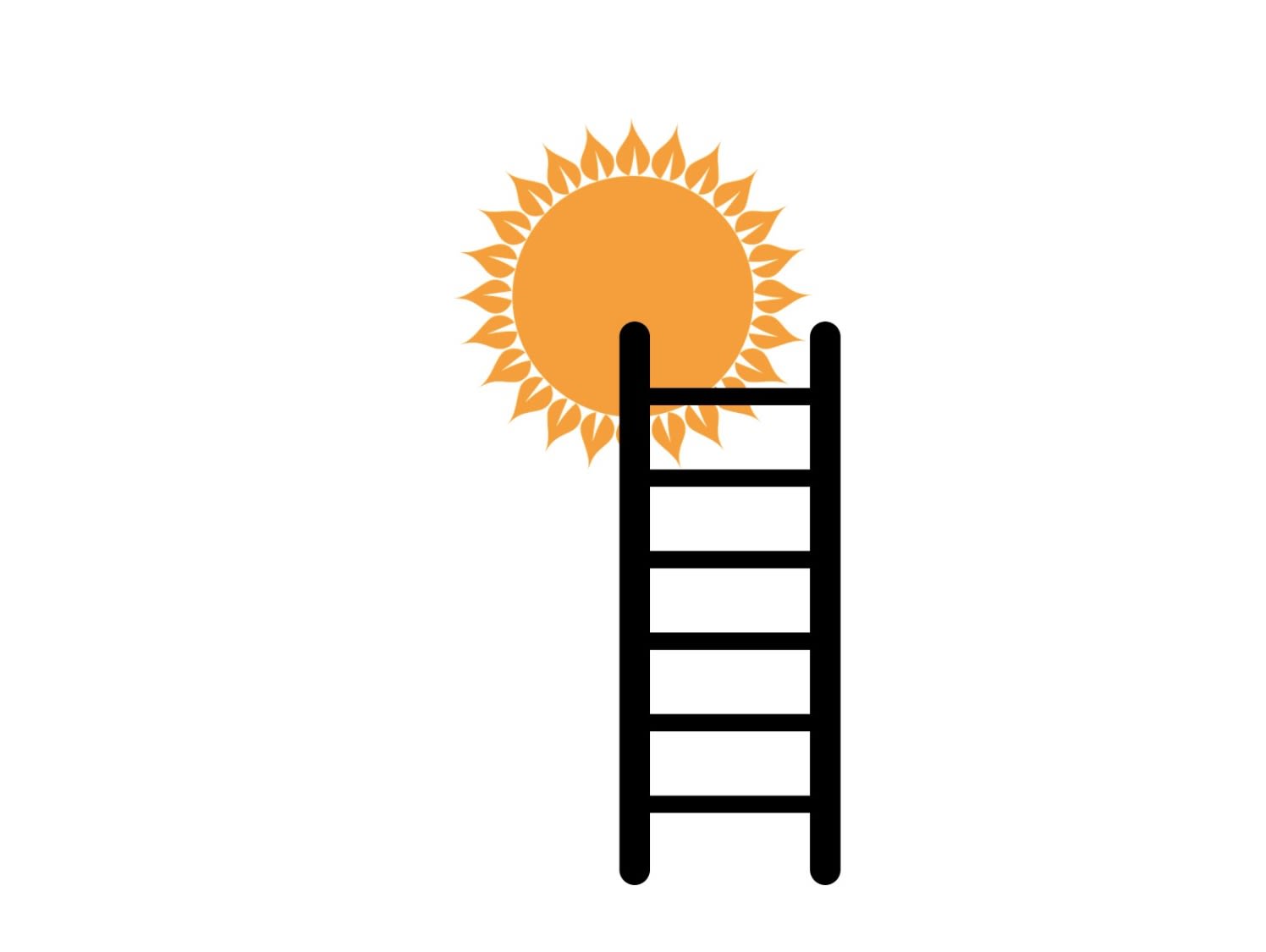
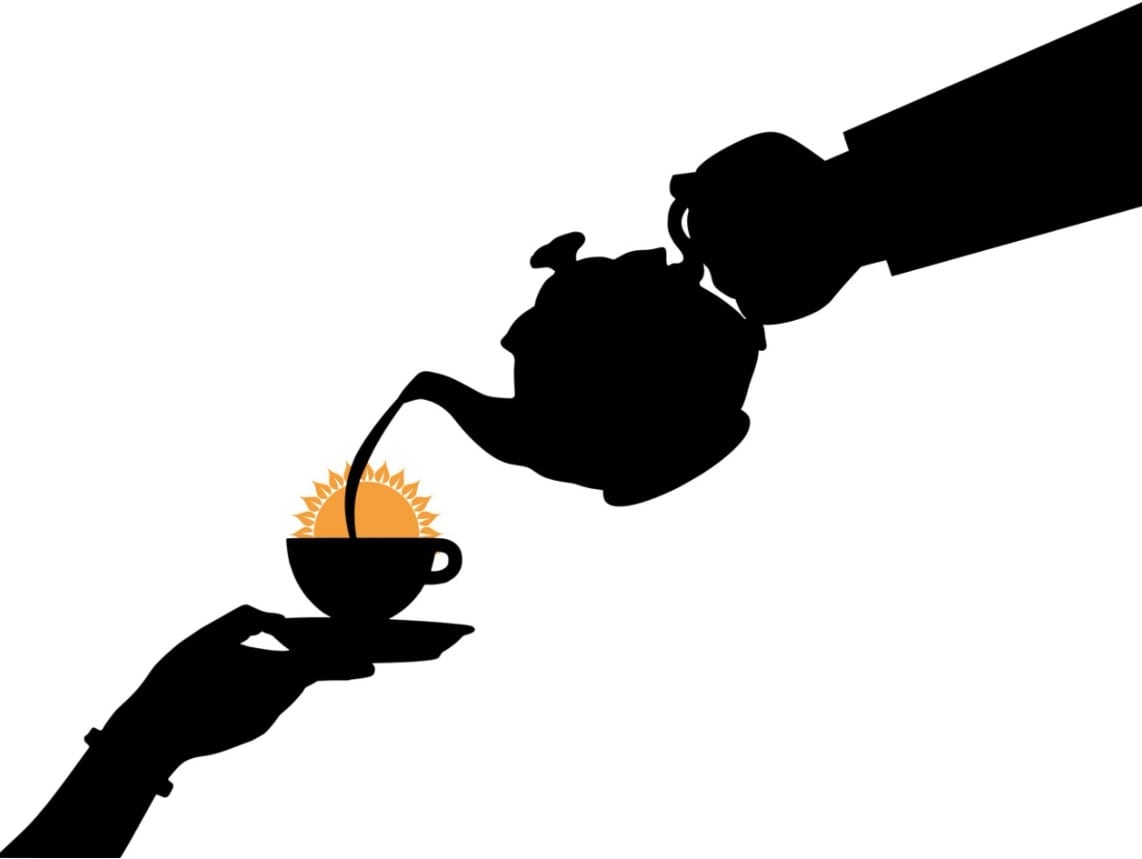
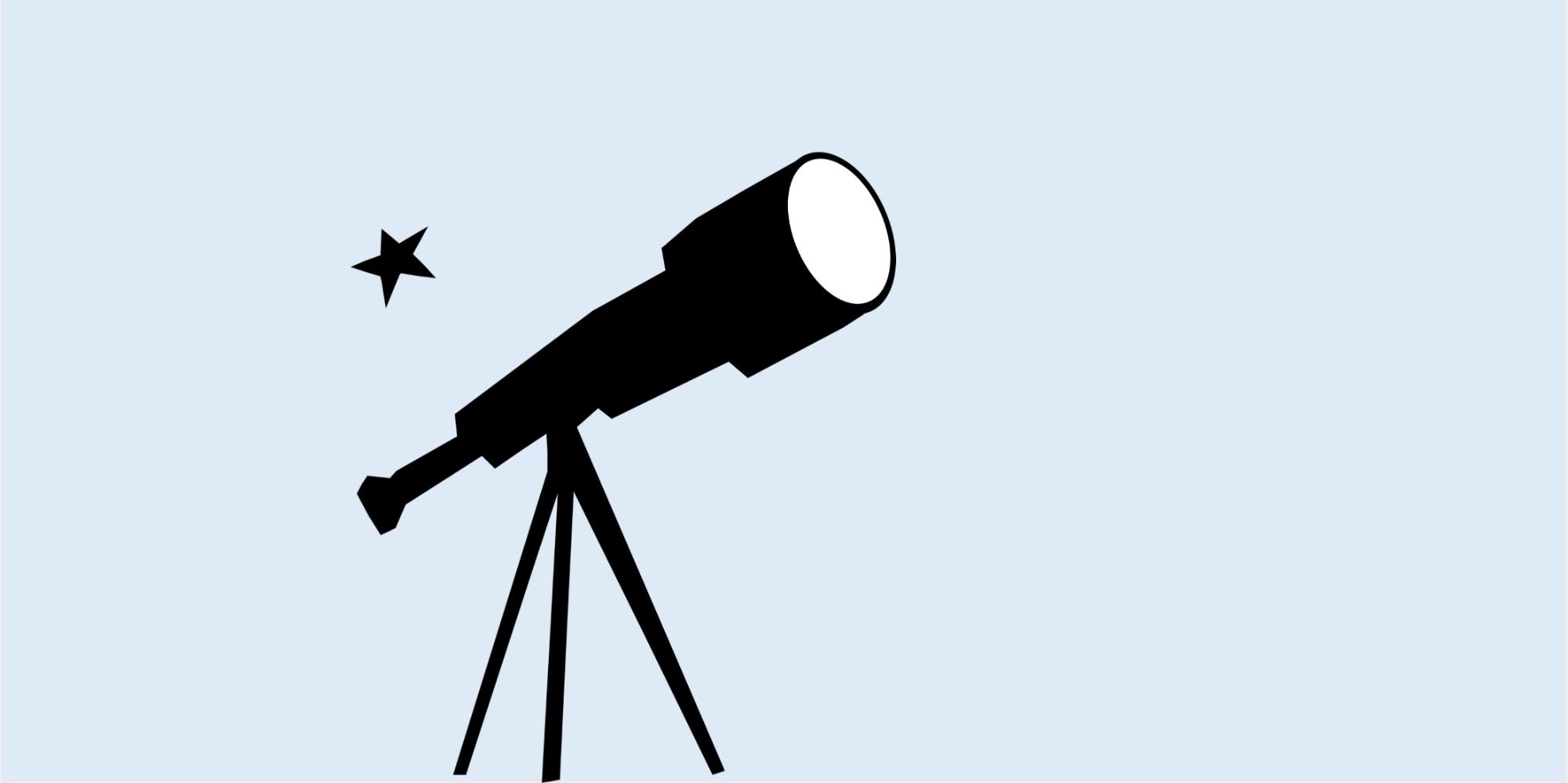



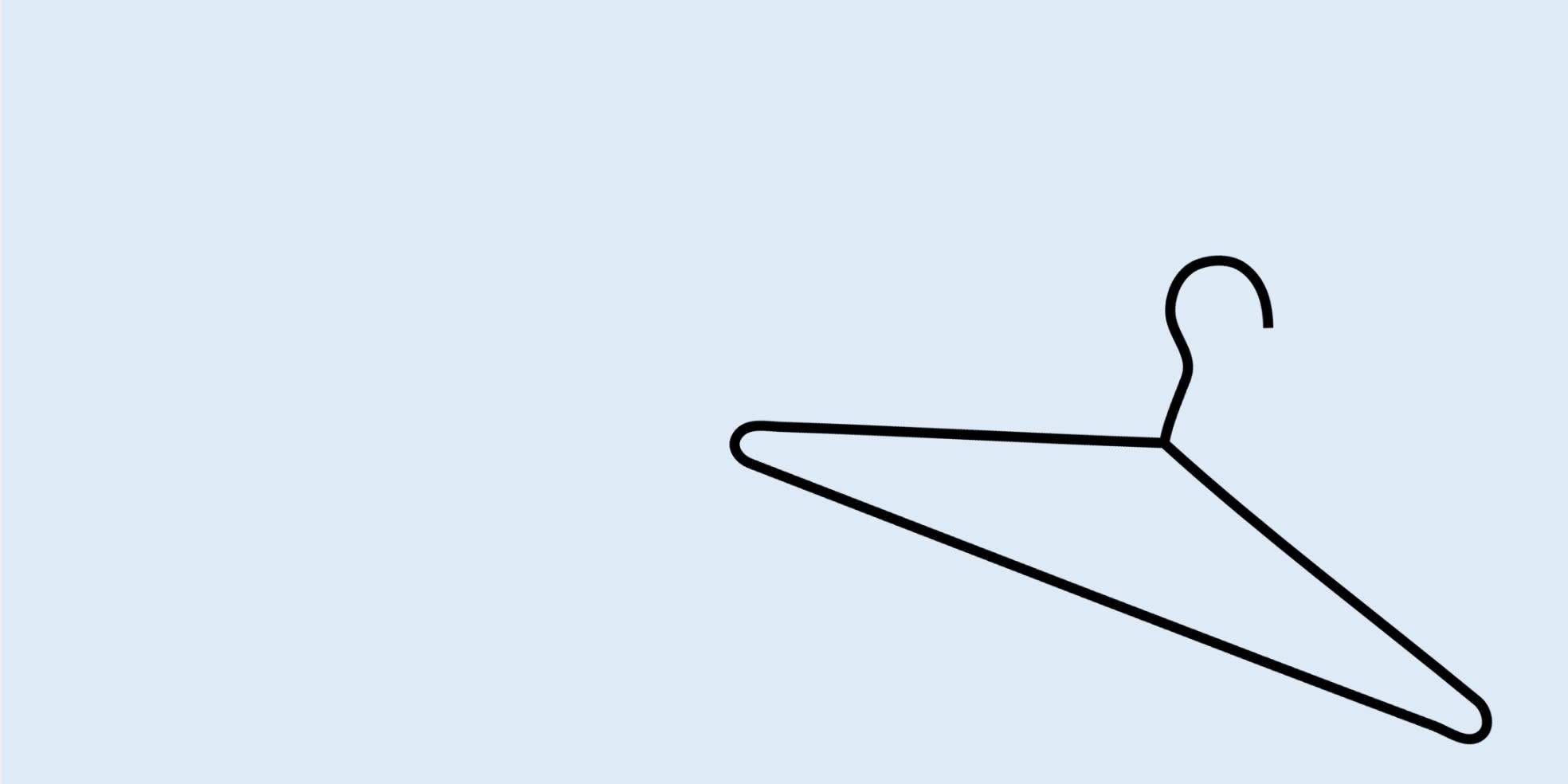
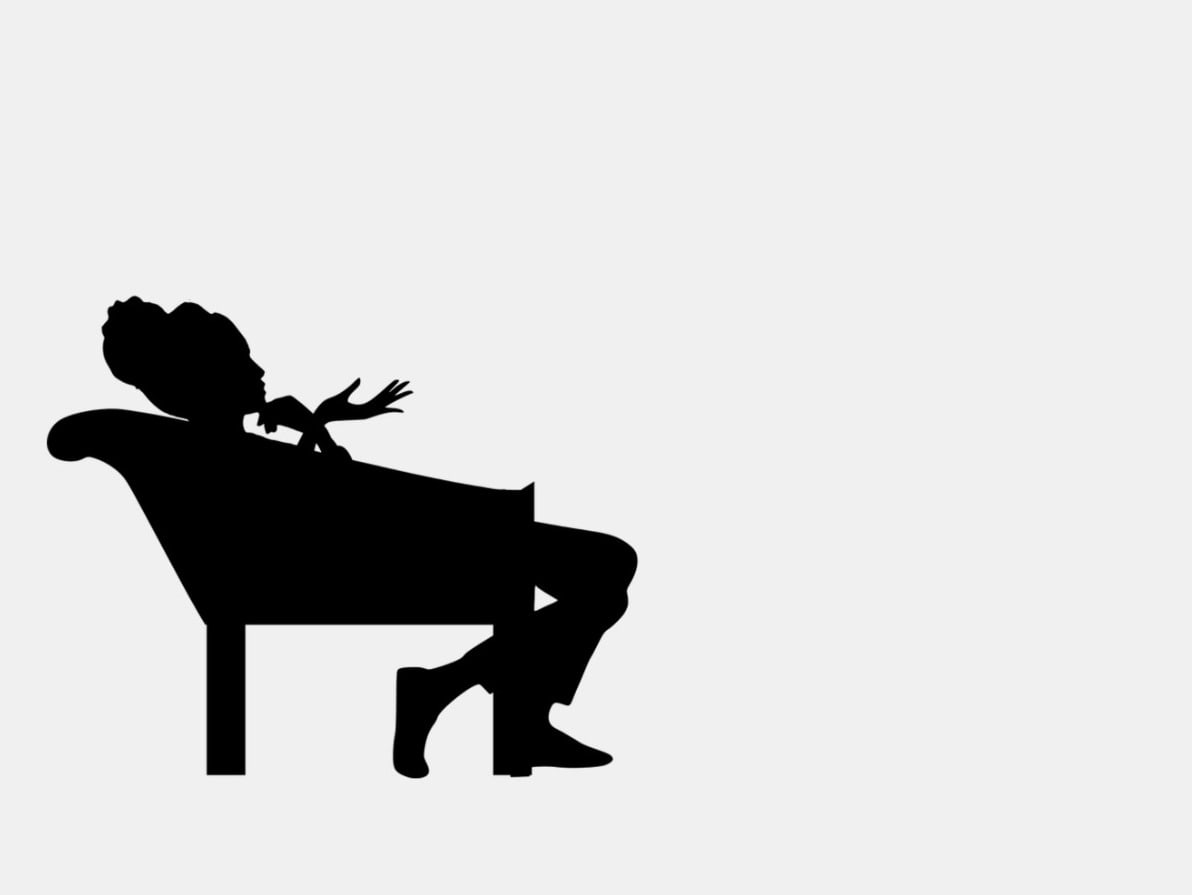



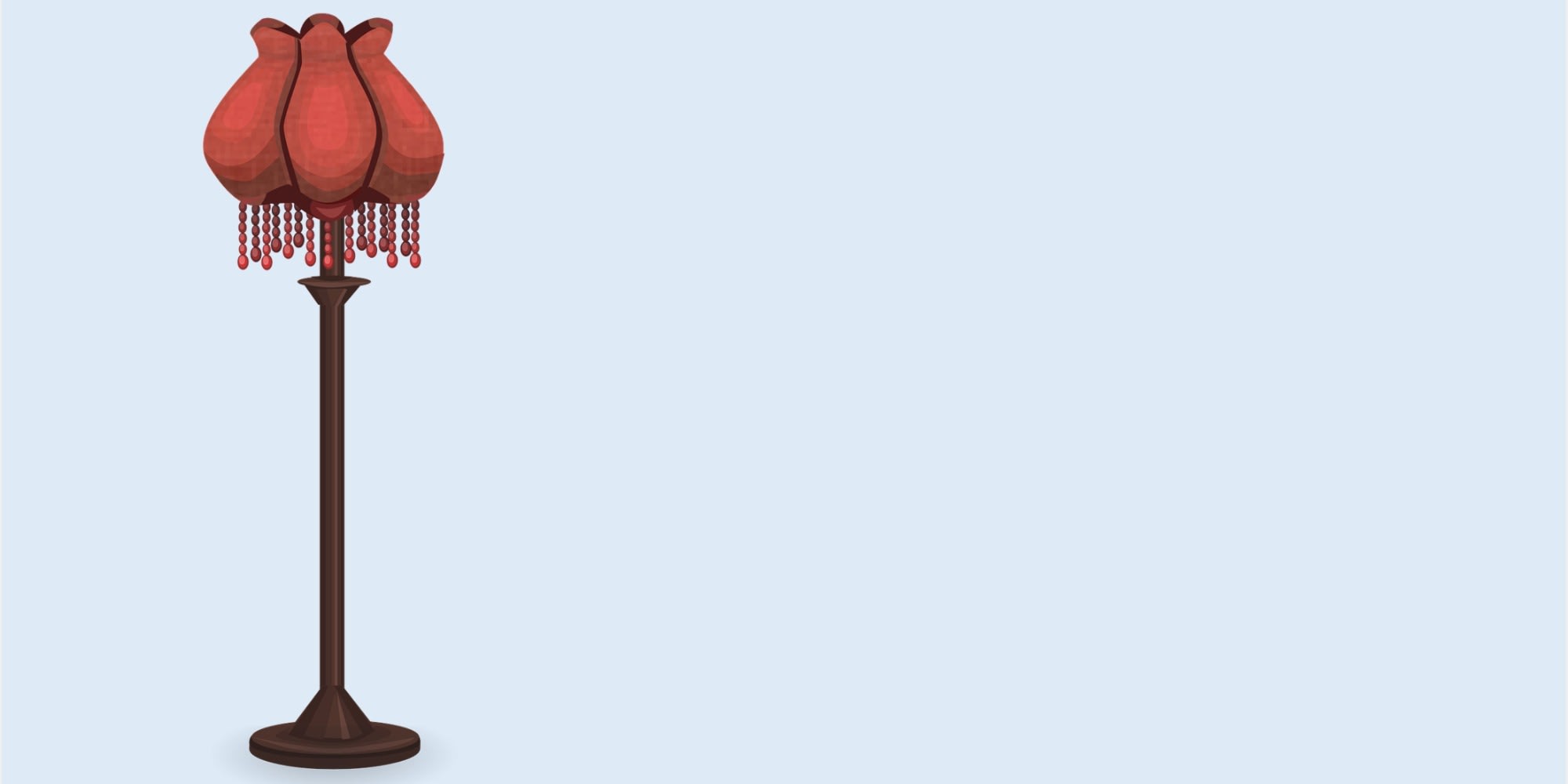

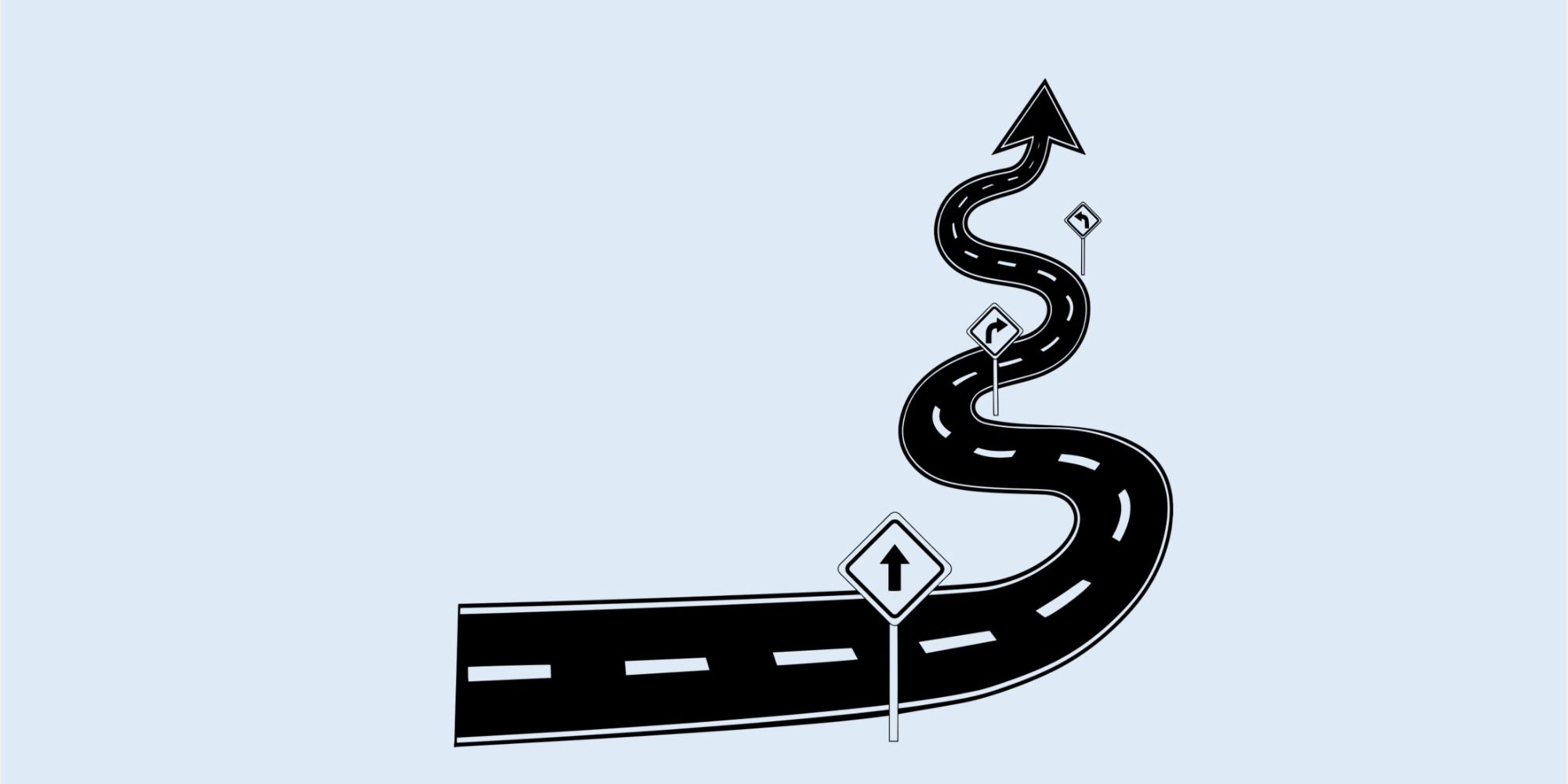

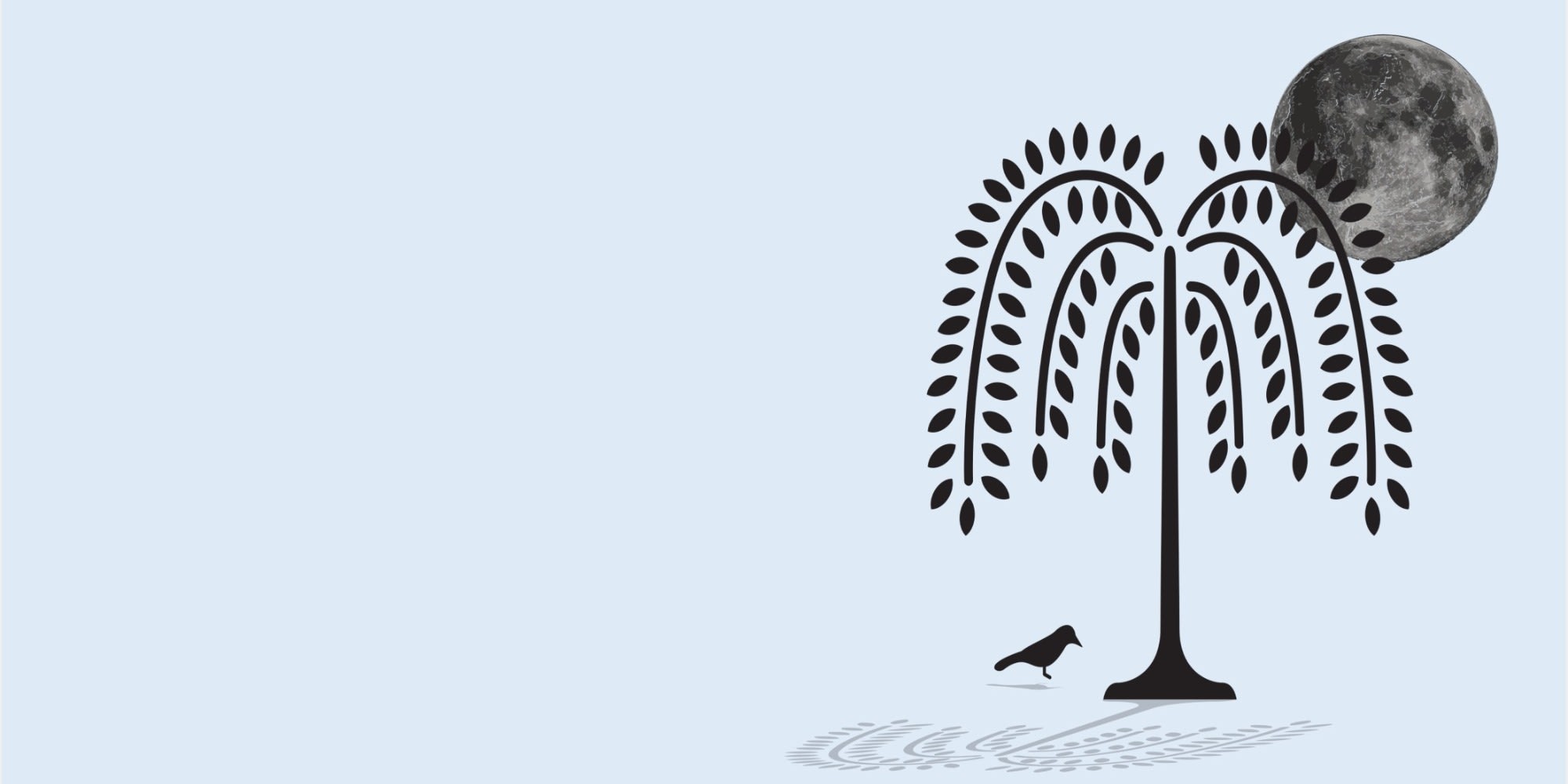
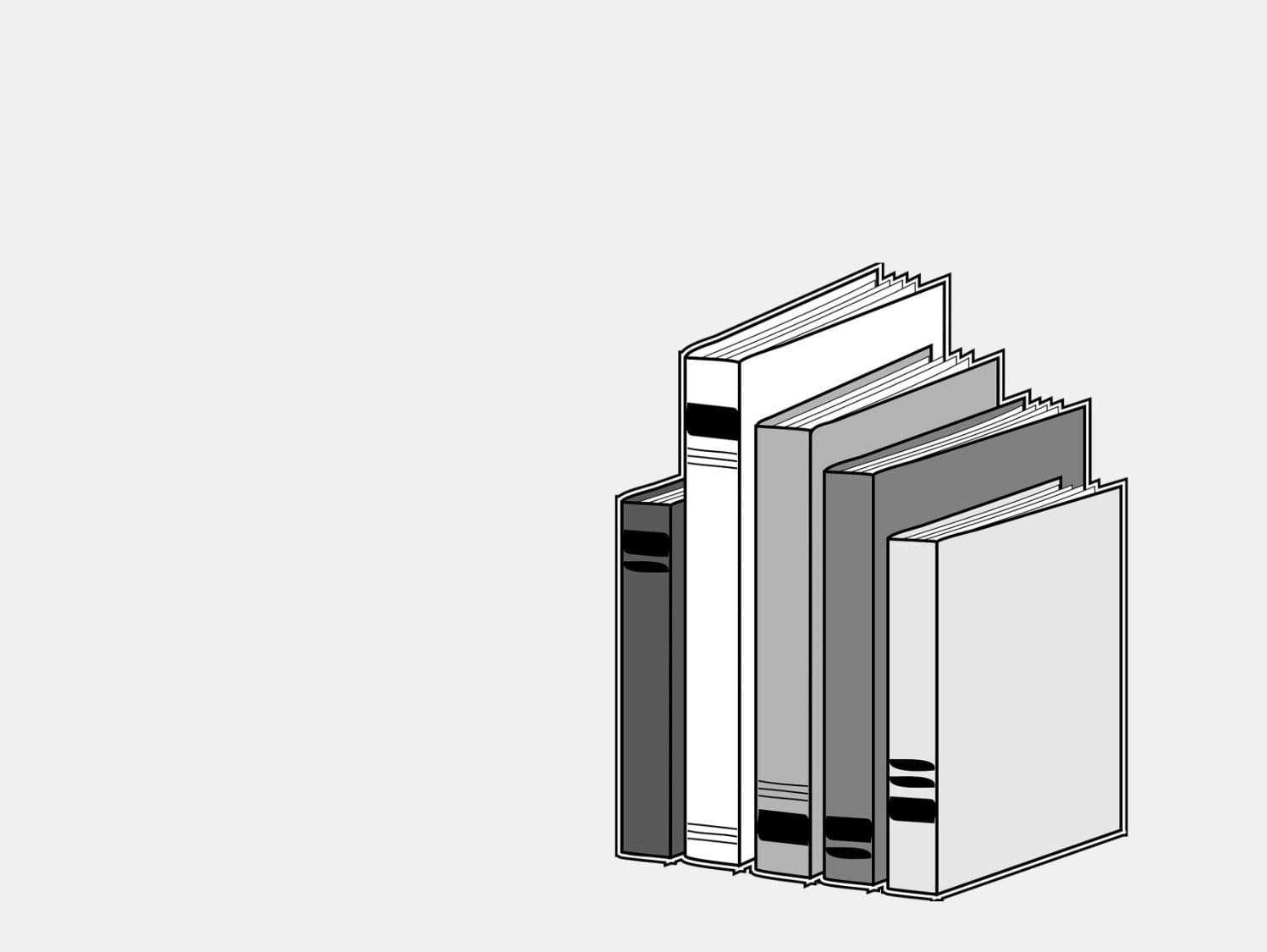


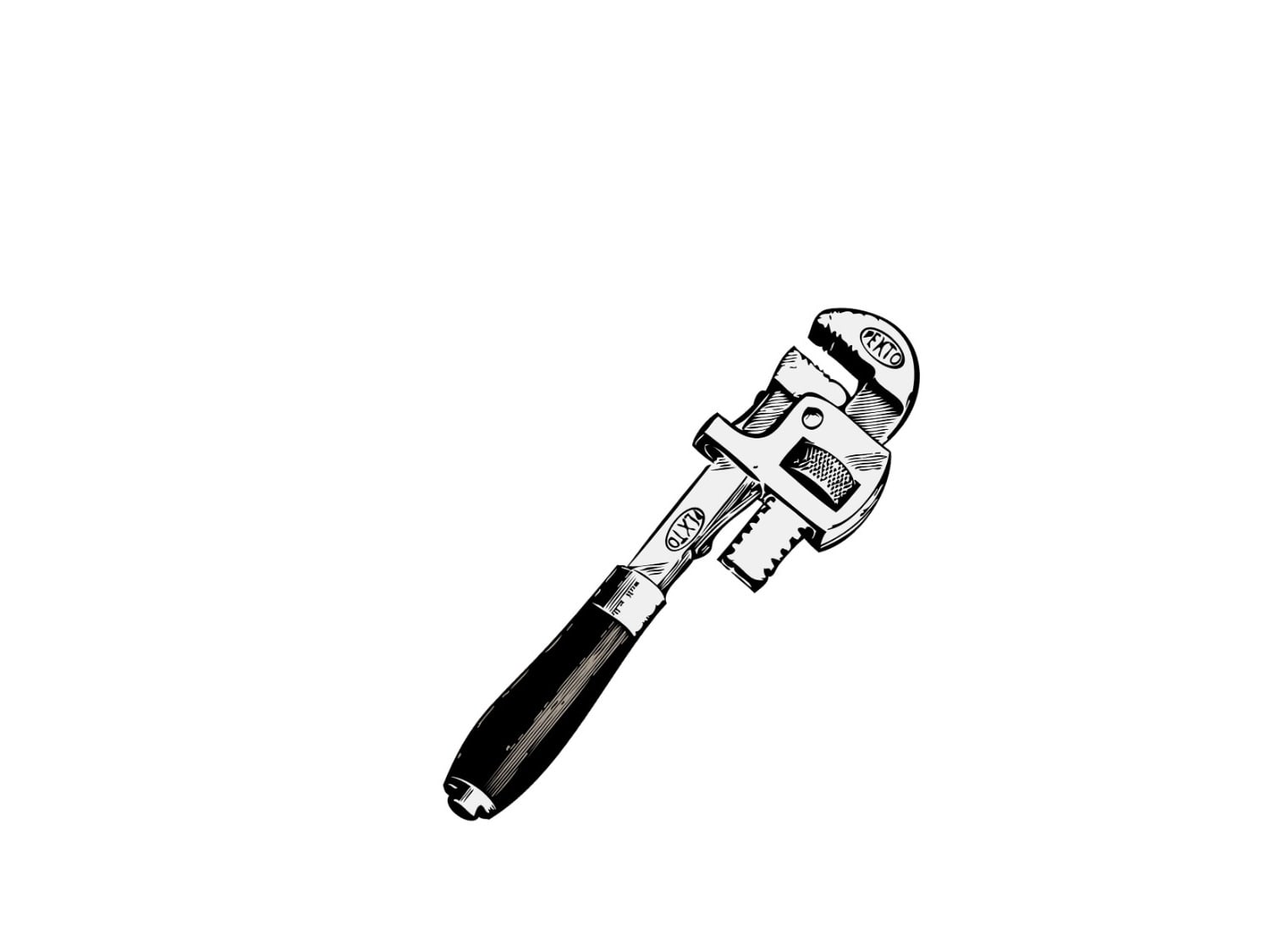


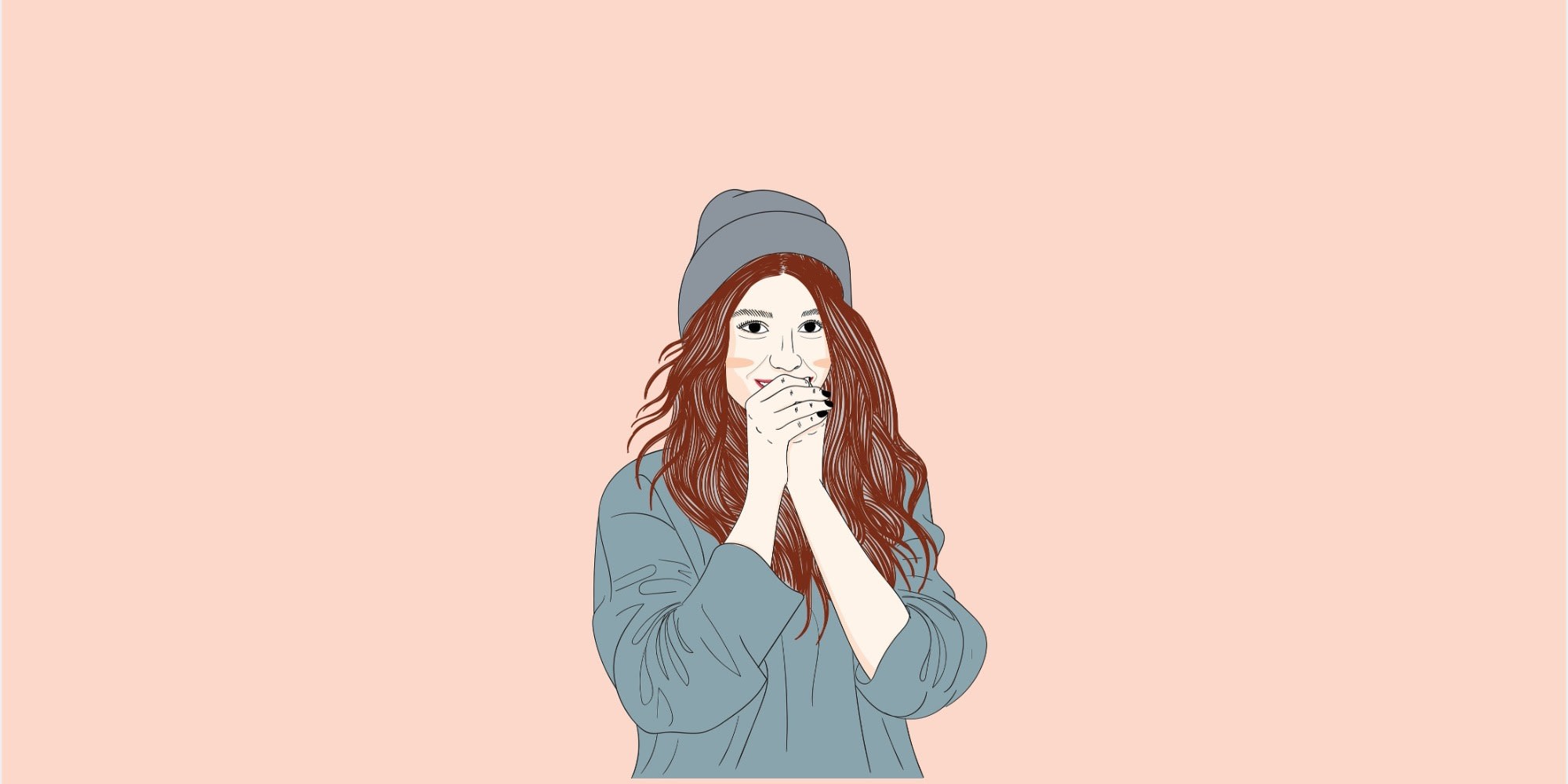
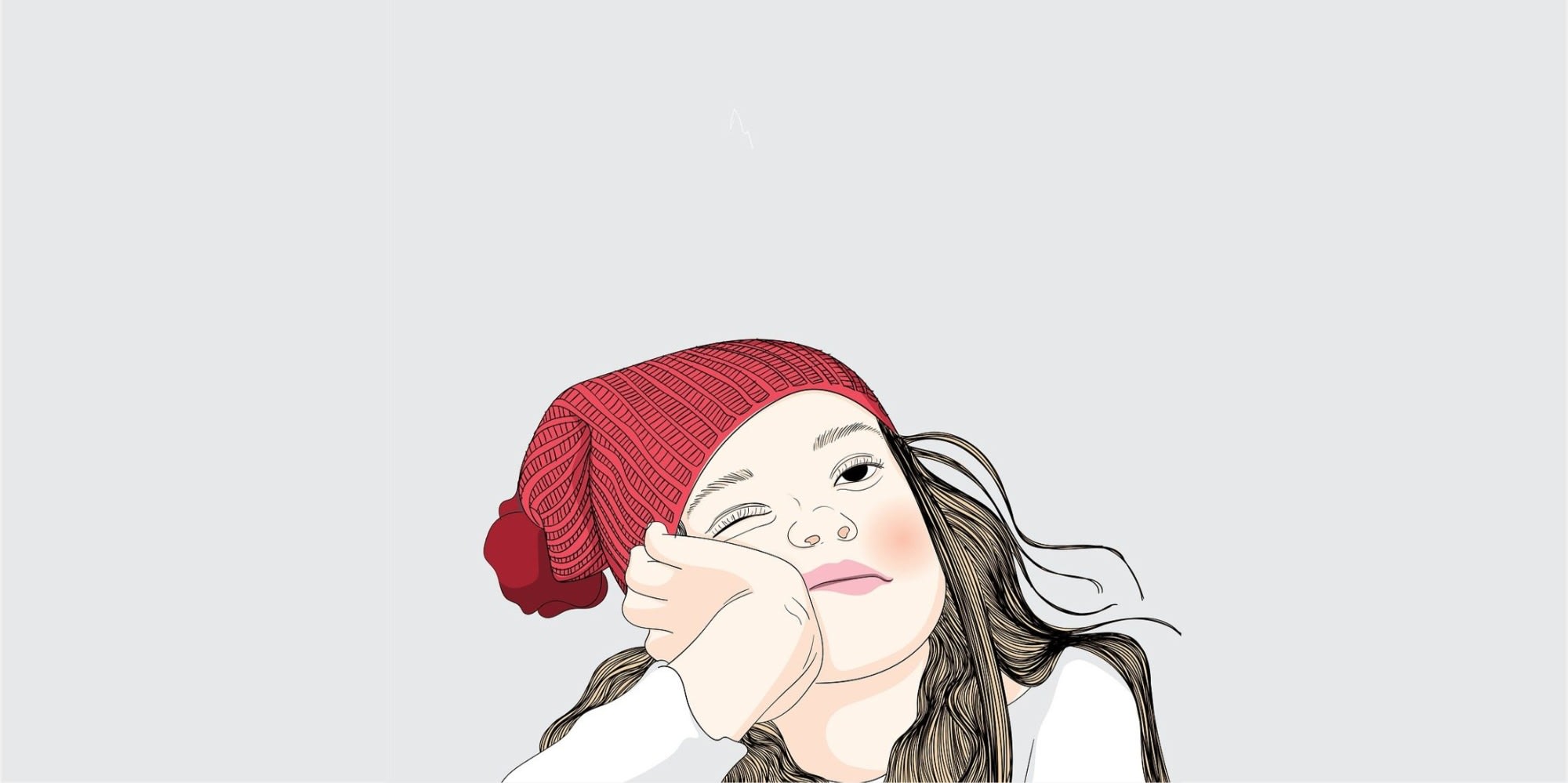
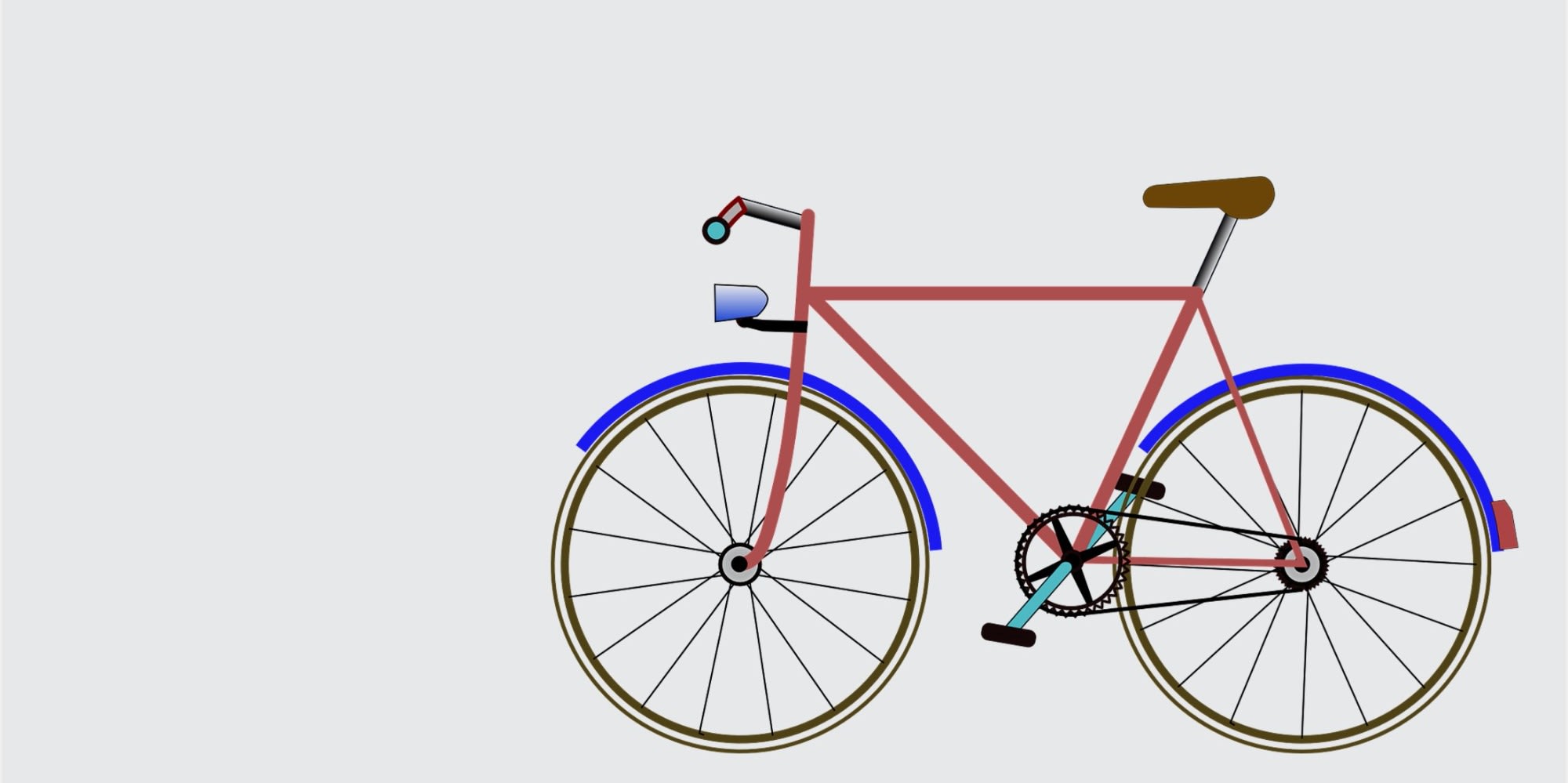
Thinking extroverts are rooted in reality. They're logical thinkers who base their decisions and actions on reason and only accept what they can see or confirm through evidence.
They often like rules and need them in their lives. They seek stable and clear principles to live by. Once they find these principles they tend to stick with them and often try to get others to see the world the same way.
You're also...
- {result #2 percent} thinking introvert. Learn more
- {result #3 percent} sentimental extrovert & {result #4 percent} sentimental introvert. Learn more
- {result #5 percent} sensitive extrovert & {result #6 percent} sensitive introvert. Learn more
- {result #7 percent} intuitive extrovert & {result #8 percent} intuitive introvert. Learn more

Thinking Introverts are intellectual thinkers. They enjoy philosophizing and thinking about abstract concepts and theoretical arguments.
As introverts, they often have difficulty relating and interacting with other people. When it comes to achieving their goals, they tend to be focused and tenacious. Often perceived as unique interesting people who keep to themselves.
You're also...
- {result #1 percent} thinking extrovert. Learn more
- {result #3 percent} sentimental extrovert & {result #4 percent} sentimental introvert. Learn more
- {result #5 percent} sensitive extrovert & {result #6 percent} sensitive introvert. Learn more
- {result #7 percent} intuitive extrovert & {result #8 percent} intuitive introvert. Learn more

Sentimental extroverts are very good at understanding others and making social connections. But they sometimes find it difficult to be true to themselves and separate from the herd.
Being ignored or overlooked is very difficult for them. They are very good communicators.
You're also...
- {result #1 percent} thinking extrovert & {result #2 percent} thinking introvert. Learn more
- {result #4 percent} sentimental introvert. Learn more
- {result #5 percent} sensitive extrovert & {result #6 percent} sensitive introvert. Learn more
- {result #7 percent} intuitive extrovert & {result #8 percent} intuitive introvert. Learn more

A sentimental introvert is a quiet person who is very sensitive to the needs of other people but often finds it difficult to socialize. In a social event, they would prefer to go unnoticed.
However, once they start a conversation, they are friendly, empathic, and good at forming an emotional bond.
You're also...
- {result #1 percent} thinking extrovert & {result #2 percent} thinking introvert. Learn more
- {result #3 percent} sentimental extrovert. Learn more
- {result #5 percent} sensitive extrovert & {result #6 percent} sensitive introvert. Learn more
- {result #7 percent} intuitive extrovert & {result #8 percent} intuitive introvert. Learn more
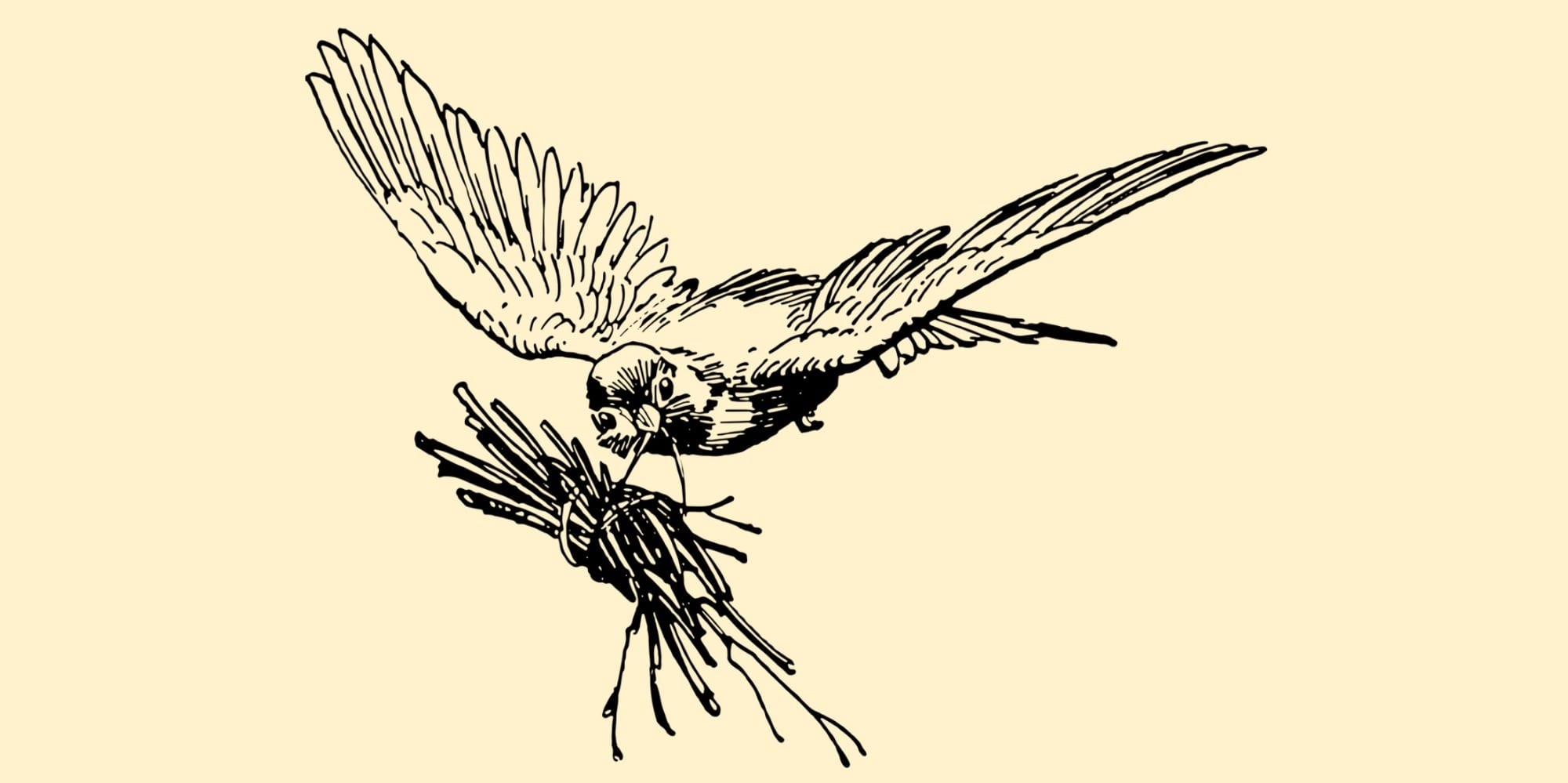
Sensitive extroverts are always on the lookout for new sensations and experiences. Their interactions with the environment are driven by a search for pleasure. They are usually very open to trying new things, and happy to experiment together with other people.
Sensitive extroverts are passionate about real people, tangible experiences, and concrete things. They're less passionate about concepts and theories.
You're also...
- {result #1 percent} thinking extrovert & {result #2 percent} thinking introvert. Learn more
- {result #3 percent} sentimental extrovert & {result #4 percent} sentimental introvert. Learn more
- {result #6 percent} sensitive introvert. Learn more
- {result #7 percent} intuitive extrovert & {result #8 percent} intuitive introvert. Learn more
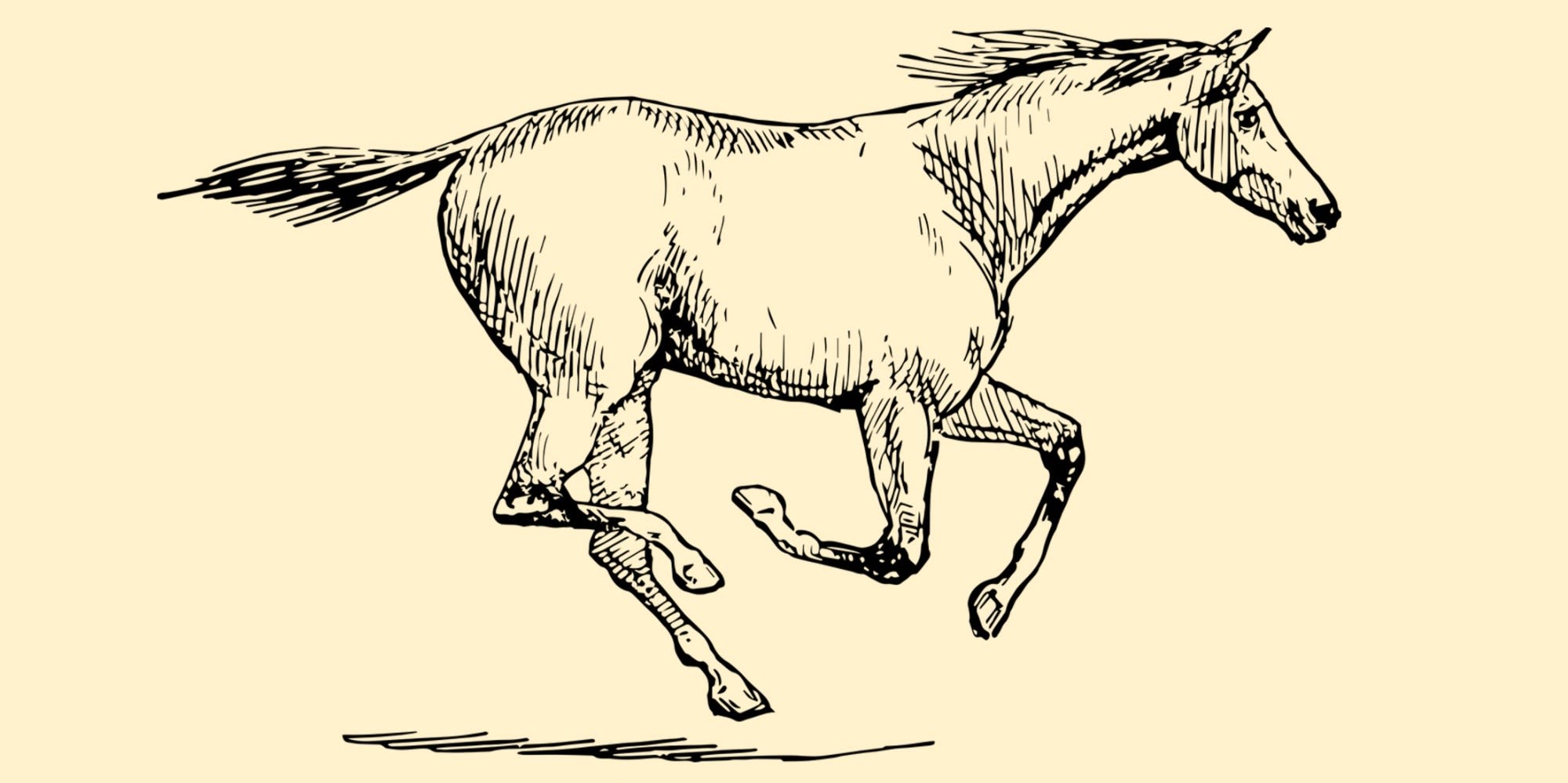
Sensitive introverts see the world through their subjective experience, which is very much sensory-based. Sensory stimuli drive them mentally, emotionally, and creatively.
They are drawn to sounds, colors, shapes, textures, and sensations. People who belong to this personality group are often engaged in arts and crafts, many of them are designers, visual artists, or musicians.
You're also...
- {result #1 percent} thinking extrovert & {result #2 percent} thinking introvert. Learn more
- {result #3 percent} sentimental extrovert & {result #4 percent} sentimental introvert. Learn more
- {result #5 percent} sensitive extrovert. Learn more
- {result #7 percent} intuitive extrovert & {result #8 percent} intuitive introvert. Learn more
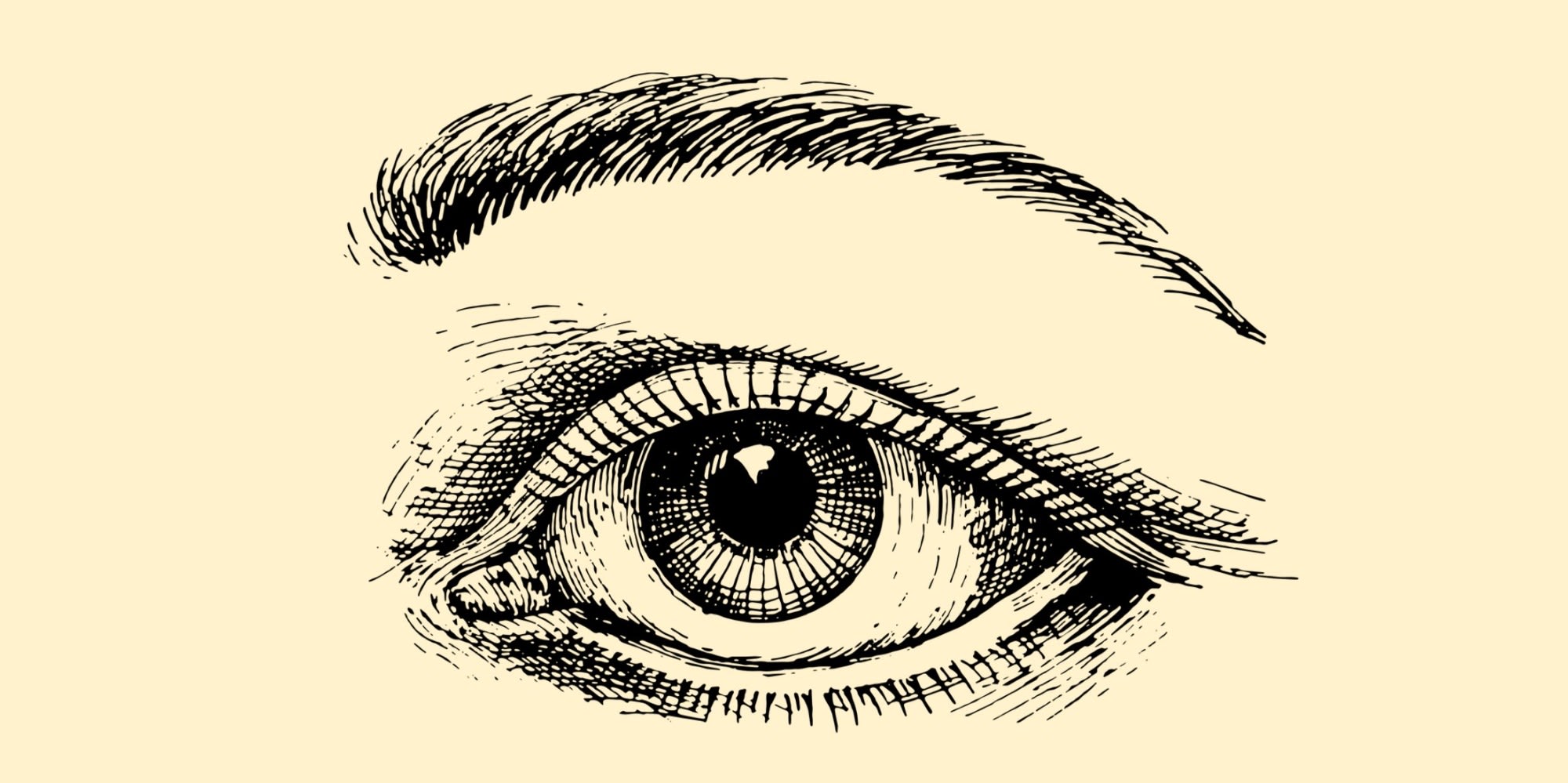
The intuitive extrovert is the typical adventurer. Intuitive extroverts are active, curious, and sometimes restless explorers. They are constantly seeking new goals and driven by achievement. In many cases, their goals are somewhat related to how they want to be perceived by society.
They tend to take on all sorts of projects so that they're never without a goal and often see the people around them as partners in their journey who can help them fulfill their objectives.
You're also...
- {result #1 percent} thinking extrovert & {result #2 percent} thinking introvert. Learn more
- {result #3 percent} sentimental extrovert & {result #4 percent} sentimental introvert. Learn more
- {result #5 percent} sensitive extrovert & {result #6 percent} sensitive introvert. Learn more
- {result #8 percent} intuitive introvert. Learn more

Intuitive introverts are highly sensitive to external stimulation, sounds, scents, colors, etc. They are very tuned in to other people and are often able to guess how people feel or what they are thinking.
Intuitives are very imaginative. They are often referred to as dreamers and idealists because they tend to focus more on what could/will be and less on what is.
You're also...
- {result #1 percent} thinking extrovert & {result #2 percent} thinking introvert. Learn more
- {result #3 percent} sentimental extrovert & {result #4 percent} sentimental introvert. Learn more
- {result #5 percent} sensitive extrovert & {result #6 percent} sensitive introvert. Learn more
- {result #7 percent} intuitive extrovert. Learn more


 Preview
Preview 






